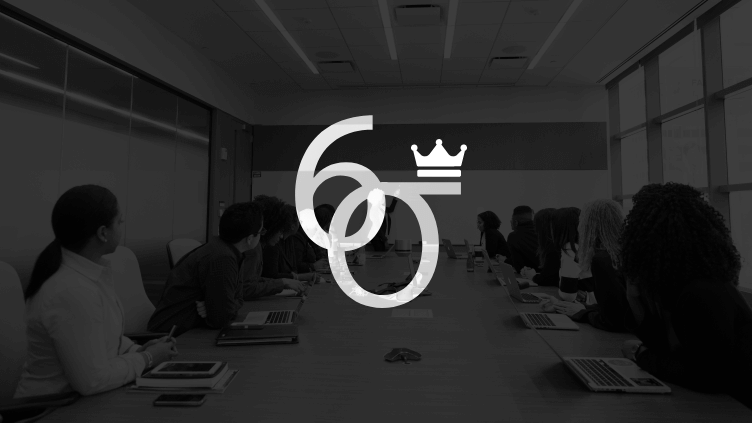A rank assigned to an experienced and effective Lean Six Sigma expert. Lean Six Sigma Master Black Belt is generally responsible for a portfolio of improvement projects, leading enterprise-wide Lean Six Sigma implementations, and training/mentoring others in Lean Six Sigma.
Certified Master Black Belt is an expert in the entire Lean & Six Sigma Body of Knowledge through the execution of a DMAIC or DMADV Projects. In addition, by having completed and submitted an approved change management project, this MBB individual has demonstrated a thorough knowledge of both Six Sigma philosophies and principles.
The Master Black Belt Certification features an expert understanding of leadership roles, team dynamics, and the ability to successfully assign team members with roles and responsibilities of six sigma projects. Lastly, it signifies a master-level understanding of the DMAIC model in accordance with the Lean Six Sigma principles, knowledge of lean enterprise concepts, and skills to quickly identify “non-value-added” activities.
What is Six Sigma Certification?
A person with Six Sigma certification has problem-solving abilities. Someone may gain Green Belt, Black Belt or Master Black Belt certification. The higher certification one attains, the more is the ability to solve complex organizational problems. Six Sigma certification is a process of individual’s knowledge validation using a classification system, generally referred to as “Belts” ( Yellow Belt, Green Belt, Black Belt & Master Black Belt ) This verification test individual commands over six sigma methodology and tools. The belt classification shows the position these certified individuals would occupy in an organizational structure and job roles.
Master Black Belt as a professional is mostly an enterprise change management leader, responsible for the overall management of the Six Sigma Black Belt improvement initiatives in the organization. Managing the MBB Role entails both change management role and a key driver for organizational lean six sigma project initiatives.
Prerequisites for Six Sigma Master Black Belt Certification
To ensure candidates are fully prepared for the advanced challenges of the Master Black Belt program, the following prerequisites must be met:
Completed Six Sigma Black Belt Certification Candidates must have successfully completed the Six Sigma Black Belt certification. The Master Black Belt program builds upon the skills and knowledge gained during the Black Belt course, with a focus on advanced problem-solving and leadership techniques.
Minimum 15 Years of Professional Experience A minimum of 15 years of professional experience in a leadership, managerial, or process improvement role is required. This extensive experience ensures that candidates have the necessary background to manage large-scale projects, mentor Black Belts, and drive strategic improvements across an organization.
With these pre-requisites, candidates will be able to tackle complex challenges and lead transformational changes at the organizational level.
Take the Next Step in Your Lean Six Sigma Journey Contact us today to learn more about the Six Sigma Master Black Belt program and how it can enhance your career and impact.
What do you do to get the Six Sigma Master Black Belt certificate?
Our Six Sigma Master Black Belt training consists of a number of components:
- Training: in an intensive training program you learn the background of Lean and Six Sigma and we put what we have learned into practice with different simulations.
- Extra: With our Body of Knowledge and whitepapers you place what you have learned in a theoretical framework. The program also contains various homework assignments, in which we focus, among other things, on the use of MINITAB PRO.
- Follow-up: During the training, you will receive an access code to an e-learning module. You can pass the substance again in an interactive way.
- Exam: On the last training day you will make the (CLSSMBB) Black Belt exam. If you succeed, you will immediately receive the official Certified Lean Six Sigma Black Belt certification.
Who Should Attend?
- Leaders and Executives
- Quality Analysts and Managers
- Quality Auditors, Engineers & Supervisors
- Front-Line Employees
- Quality and Process Improvement Teams
- Project Managers
- Continuous Improvement Professionals
- Entrepreneurs and Startups
- Healthcare Professionals
- Manufacturing and Production Teams
- Service Industry Professionals












